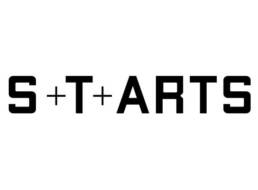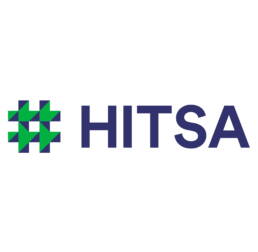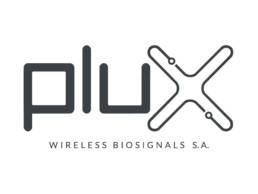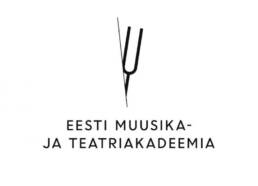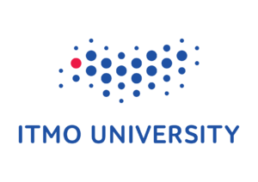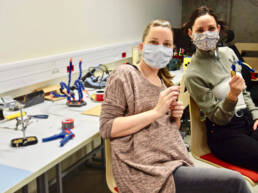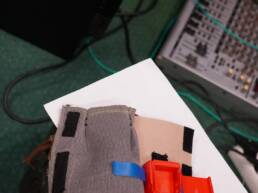STARTS.EE
Innovation at the nexus of Science, Technology, and the Arts
About
STARTS.EE is Tallinn University umbrella initiative promoting encounters between science, technology and the arts to benefit society. It was founded as a local initiative of the project S+T+ARTS funded by the European Commission under the Horizon 2020 research and innovation programme.
The goal of STARTS.EE is to build on Tallinn University’s potential and to open up its research and development activities to the outer world, strengthening its abilities and increasing societal and cultural impact.
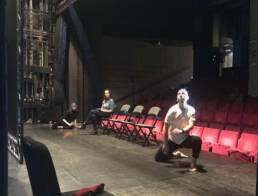
Facilities
Space
The HCI group provide space for residents to designing and develop innovative projects. In Interaction design Lab you can work on a residency project on a daily basis just as a part of our team.
Mentoring
Our group experts are ready to support participants and accessible in a labs area.
Equipment
In our Hardware Lab, we have sensors for collecting biometrical signal and equipment to build working prototypes. In UX Lab we have stationary and mobile eye trackers.
Ongoing activities
Residencies
The initiative funds six-month-long artist residencies in science or technology units of Tallinn University to kickstart artistic and scientific or technological collaborations. This is meant to lead to the creation of original artwork and the development of innovative aspects in science and technology.
Seasonal schools, workshops, courses
STARTS.EE promotes exploratory seasonal schools, workshops and courses bringing together scientists, engineers, artists and citizens in general, in a playful but systematic way. These activities are like interdisciplinary sandboxes looking for sparks of innovation through serendipitous ways. They also aim for science popularisation awareness raising, as well as to act as safe for discussion on the possibilities, limitations and potential pitfalls of recent advancements in science and technology.
Publications, presentations and public discussions
The initiative also encourages and funds open-access publications, presentations and public discussions on the interplay of science, technology and the arts as an instrument of inquiry.
[Public discussion] Artist in residence, Taavet Jansen presented and discussed his residency process and outcome on June 11, 2019, from 14:00 at Tallinn University (A447).
[Residency] STARTS.EE first solo residency. The School of Digital Technologies hosts an exploratory residency on Neurotheater. It addressed the usage of physiological computing tools within the context of performing arts. Artist in residence: Taavet Jansen; host scientist: Aleksander Väljamäe. Read more here.
[Residency] STARTS.EE hosts a Vertigo funded residency. The residency builds on Goprosocial, funded by the Estonian Science Agency, and explores the uses of neurocinema to discuss dystopian post-singularity futures. Artist in residence: Ellen Pearlman; host scientist: Aleksander Väljamäe. https://vertigo.starts.eu/article/detail/presentation-of-the-residency-aibo-by-the-artist-ellen-pearlman/
[Course] Tallinn University, Estonian Art Academy and Estonian Music and Theatre Academy will deploy in 2019/2020 a pilot edition of the first inter-institutional course combining interaction design, textile design, choreography and music composition.
[Residency] STARTS.EE co-hosted and co-funded Magic Linen, a work focusing on exploring possibilities for altering people’s self-perception through the inside of garments. Artist in residence: Kristi Kuusk; host scientist: Ana Tajadura Jimenez.
[Seasonal school] A summer school on Experimental Interaction Design, focusing on designing wearable technologies for the performing arts, was co-organised and hosted by ITMO University in St. Petersburg. The initiative was funded by EV100 to celebrate the 100th anniversary of the Estonian Republic.
[Workshop] Making noise with biosignals was organised in 2018. The goal was to open-up the field of physiological computing to all. the workshop focused on BITalino, a versatile toolkit composed of low-cost hardware and software, created by one of our partners to enable anyone to create cool projects and applications involving physiological data.
[Workshop] Magic! took place in 2017 and was run as a rapid prototyping exploratorium on the intersection between neuroscience research on mental body-representation, human-computer interaction and real-life applications.


